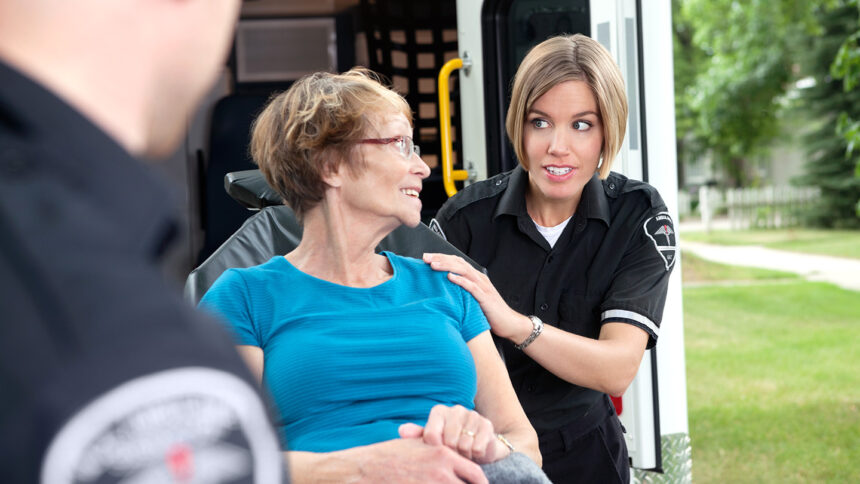
First responders in Virginia now will be required to undergo training to improve their professional interactions with people living with dementia, as well as their caregivers.
HB 933 will go into effect July 1 after being signed by Gov. Glenn Youngkin (R) earlier this year. It will ensure that firefighters and emergency medical service personnel are equipped with dementia-specific training.
The new law requires fire department and EMS agencies to develop an Alzheimer’s and dementia training curriculum that includes effective communication; identification and reporting of abuse, neglect and exploitation of people living with dementia; and addressing behavioral symptoms of dementia, including alternatives to the use of restraints.
The bill was a result of recommendations from the Virginia Alzheimer’s Disease and Related Disorders Commission and the Commonwealth Council on Aging.
The state budget provides $50,000 annually for training of local law enforcement to aid in identifying and interacting with individuals in whom Alzheimer’s disease or a related dementia has been diagnosed.
The Virginia Assisted Living Association said that it appreciates the state’s recognition of the importance of first responders and dispatchers having training in the identification of, communication with, and the facilitation of the safe return of individuals living with dementia.
“With more than 55 million people in the world diagnosed with dementia, and knowing there are significant safety risks associated with the varying symptoms of each type of dementia, it is crucial to have appropriate training to best support and to protect individuals with dementia,” a VALA spokeswoman told McKnight’s Senior Living.
The Virginia Health Care Association/Virginia Center for Assisted Living similarly told McKnight’s Senior Living that it supports any efforts to educate first responders and community members about “this difficult disease process and how they can help the whole person, especially when they may be experiencing a medical emergency or are in distress.”


